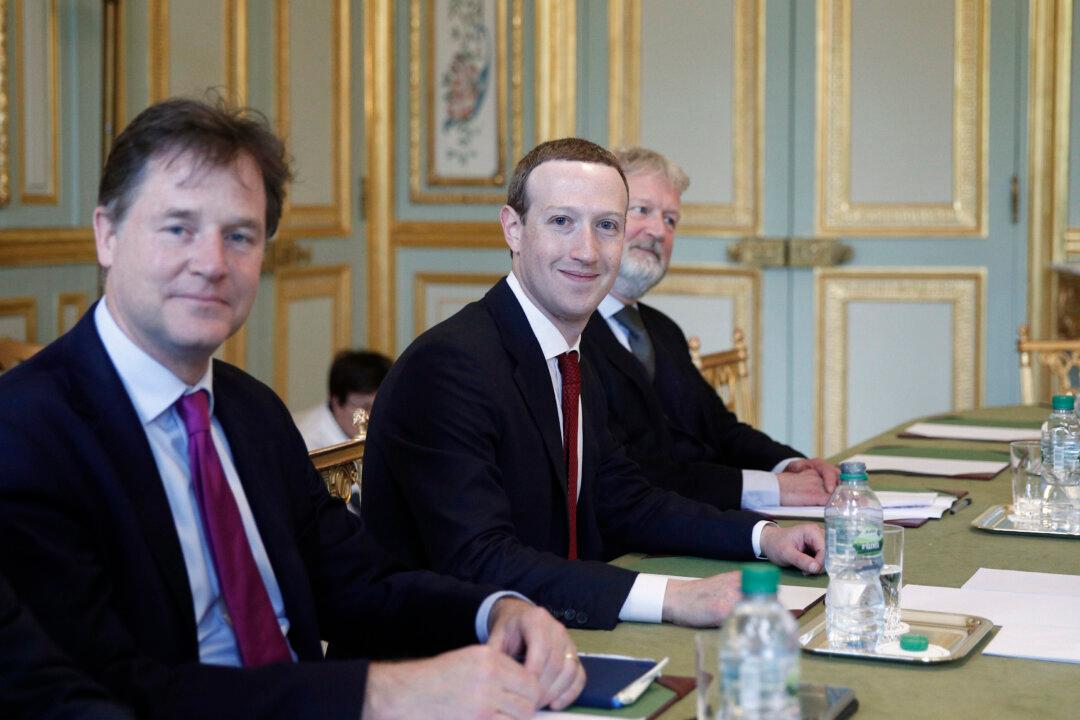Former UK Deputy Prime Minister who now serves as Facebook’s vice president of global affairs, Nick Clegg, has defended the two-year suspension of former President Donald Trump from the social media platform.
“Free speech, free expression is not a free-for-all, it’s not a recipe for anarchy. We’ve always had rules, quite rightly as Facebook that you can, in a sense, kind of say what you like on Facebook but you can’t do that if that inflicts harm on others,” Clegg told BBC News on Saturday.





